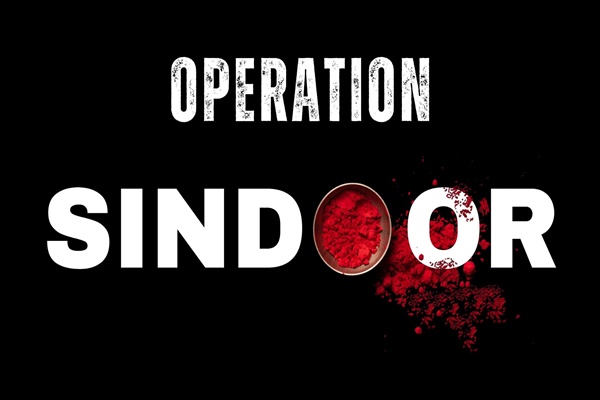India launched Operation SINDOOR after the April 22 terror attack in Pahalgam. The operation was precise, targeted only terror camps and avoided Pakistani military sites. It was meant to be a strong but limited response. On the night of May 7–8, Pakistan fired drones and missiles at Indian bases in the north and west. India’s air defense stopped the attacks. Debris at the sites showed Pakistan’s intent to escalate. India stayed focused; Pakistan’s actions were scattered and aggressive.
On May 8, Foreign Secretary Vikram Misri said any more attacks from Pakistan would be treated as escalation. He stressed that India’s strikes were accurate and harmed no civilians. He reminded that the first attack happened in Pahalgam. On May 9, Pakistan again used drones and broke the ceasefire along the border. The Indian Army stopped the attacks and hit back. The Army’s official post on X said India will defend its borders and reply strongly to any threat.
India’s approach has earned it strong backing from the international community. The United Kingdom was among the first to voice support. Foreign Minister David Lammy said India had every reason to be outraged, and former Prime Minister Rishi Sunak asserted that no country should tolerate cross-border terror. Russia, while calling for restraint from both sides, made it clear that it condemns all forms of terrorism and is deeply concerned about the military escalation. Israel, too, stood firmly with India. Its ambassador remarked that terrorists have no sanctuary and supported India’s right to defend itself.
The European Union and all 27 member states issued a unified and strong statement, echoed by France, the Netherlands and Japan. The United States eventually aligned with this consensus. President Donald Trump expressed solidarity with India, affirming its sovereign right to combat terrorism while also urging restraint and a diplomatic path forward.
U.S. Vice President JD Vance however, struck a more cautious and pragmatic tone, emphasizing America’s limited role in the regional conflict. “India and Pakistan have longstanding grievances. While we urge both sides to de-escalate, this is fundamentally a regional matter. It’s not America’s war, and it’s not something we can or should try to control.”
Several Islamic countries such as Saudi Arabia, the UAE, Iran, Qatar and Bangladesh have also supported India’s position. Saudi Arabia expressed deep concern over rising tensions and stressed the importance of avoiding civilian harm. The UAE and Qatar called for calm but reaffirmed that terrorism in any form is unacceptable. Iran, while urging both sides to maintain peace, stated that targeting civilians and using terror as a tool is unjustifiable. Bangladesh, reiterating its own zero-tolerance policy on terrorism, extended support to India’s right to self-defence.
Notably, Panama, currently a member of the United Nations Security Council, also stood by India, recognizing its legitimate efforts to counter terrorism and urging a unified international response to such threats.
India’s actions in Operation SINDOOR were not about revenge. They were about defence, about keeping its people safe. The country acted with restraint, but also with resolve. Most of the world sees this. Global leaders know that India did not strike first. It responded to terror. And it did so in a way that avoided wider conflict.
In the end, Operation SINDOOR sends a strong message: India will not stay silent in the face of terrorism. It will act when needed, but always with care. The world’s support shows that responsible nations understand and respect India’s right to self-defence. Peace remains the goal but peace cannot exist without security.














